The Minister of Home Affairs agrees with the model of the People's Committee as an administrative agency and operating under a chief regime like the current world trend of having mayors and provincial governors.
On the morning of February 5, the National Assembly Standing Committee gave opinions on the Draft Law on Organization of Local Government (amended).
Expanding the urban government model to promote development
One of the issues that delegates are interested in is the expansion of the local government organization model.
Vice Chairman of the National Assembly Nguyen Khac Dinh said that according to the draft law submitted by the Government, there will be no People's Councils for communes in urban areas, communes in towns, and communes in cities within cities.
"This is a new issue, completely different from current regulations and there is no policy yet, so it must be reported to the Politburo for policy," the Vice Chairman of the National Assembly noted.
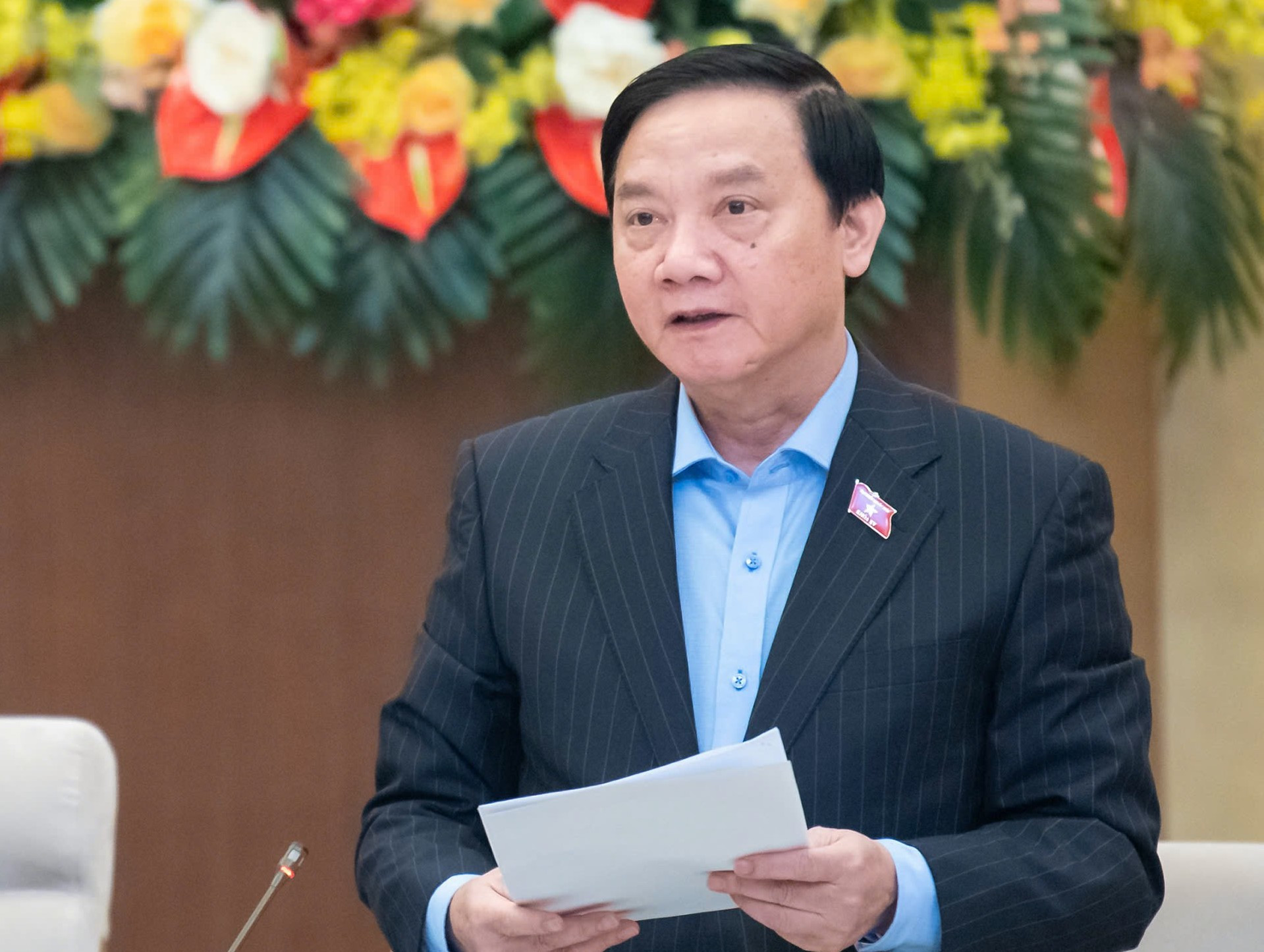
Mr. Dinh also said that this issue is different from the Capital Law. The current Capital Law does not organize People's Councils of wards, but towns, districts, towns, cities within cities, and communes within urban areas still have People's Councils.
Therefore, the Vice Chairman of the National Assembly raised the issue of whether Hanoi will follow this new law or the Capital Law, which also needs to be resolved.
Minister of Home Affairs Pham Thi Thanh Tra said that the Government wants the local government organization model to be designed as in the draft.
Regarding which law Hanoi will follow, the Minister of Home Affairs hopes that the National Assembly Standing Committee will agree that the Law on Government Organization is a general law, so the capital must also follow this law.
National Assembly Chairman Tran Thanh Man said that the pilot program of no districts and wards in Ho Chi Minh City, Hanoi, Da Nang, etc. must be summarized. Therefore, the program of not organizing People's Councils of communes in urban areas, if any, should only be at the pilot level.
Chairman of the Law Committee Hoang Thanh Tung added that the expansion of the scope of not organizing People's Councils in some commune-level administrative units was previously piloted, but is no longer a pilot.
Because the Law on Organization of Local Government has allowed not to organize People's Councils or in other words, to organize urban government model in some administrative units.
The Government has summarized the National Assembly report showing very good results, positive impacts are fundamental, there are some problems that need to be resolved.
According to Mr. Tung, not organizing People's Councils in urban communes as proposed by the Government is also a direction to promote management, operation as well as implementation of policies and guidelines to gradually and completely convert to the urban model.
Report to the Politburo for comments
Another content that many delegates are interested in is the regulation on the organization of the People's Committee. Vice Chairman of the National Assembly Nguyen Khac Dinh said that this draft law is presented in the direction of having two types of People's Committees. One is the People's Committee operating under a collective mechanism, elected by the People's Council and is the executive body of the People's Council. The other type of People's Committee is appointed by the higher administrative agency in places where there is no People's Council, working under the head regime.
But the Law Committee proposed that if we carry out a revolution in innovation, promoting responsibility and authority, there should be a model of People's Committee to unify the whole country as an administrative agency and operate under the chief regime.
“That is the real revolution, that really avoids the ambiguity between the collective authority and duties and the individual authority and duties. In the administrative system, only the Government works collectively, the rest is administration,” Mr. Dinh stated the plan of the review agency.
According to the Vice Chairman of the National Assembly, this is a new idea that the Government did not submit but the Law Committee proposed. Therefore, if the Government and the National Assembly Standing Committee agree, the Standing Committees of the Party Committees of the two agencies will discuss and report to the Politburo for comments.
"Personally, I was assigned by the President to work with my colleagues on this task and I think that if we can do it, this will be a great revolution and not be entangled in the Constitution," the Vice President of the National Assembly emphasized.
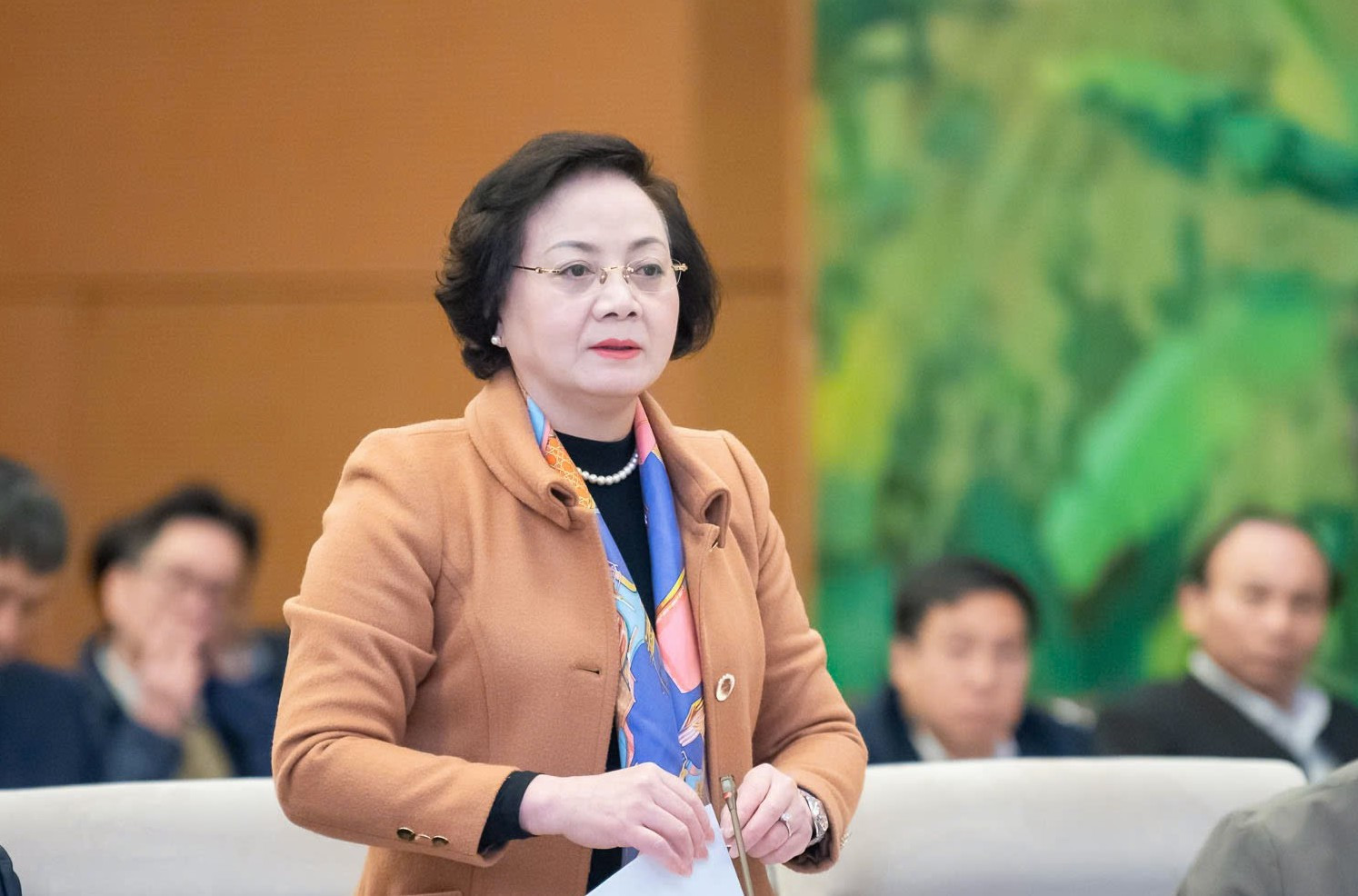
Minister of Home Affairs Pham Thi Thanh Tra also expressed support for the model of the People's Committee as an administrative agency to implement the chief regime.
“As soon as we sat down to work with the Law Committee and reported back, I immediately agreed because it is a global trend. Many countries in the world now have mayors and provincial governors. This model is very good, both in line with the trend and promoting the role and responsibility of the head of local administration. I think it is very good to do so, it is truly a revolution in thinking about local governance,” Minister Pham Thi Thanh Tra expressed.
The Minister of Home Affairs said that tomorrow, these contents will be received to agree with the Government Party Committee, agree with the National Assembly Party Committee and submit to the Politburo for comments.
However, the National Assembly Chairman also suggested carefully considering this model. Because the general authority of the People's Committee is collective, the specific authority is the authority of the Chairman of the People's Committee at the provincial and municipal levels.
In the laws and decisions of the National Assembly and the Government, the final authority is assigned to the Chairman of the Provincial or Municipal People's Committee.
Therefore, it would be more reasonable to expand and enhance the power of the Chairman of the People's Committee, and not to abolish the collective regime.
The Chairman of the Law Committee affirmed that the organization of the People's Committee in the new method of implementing the chief regime is a provision of the law and not a provision of the Constitution, so it does not conflict with the provisions of the Constitution.
The Chairman of the Law Committee further analyzed that the Constitution also does not stipulate that the People's Committee must operate under a collective regime, while the People's Council must of course because this is a collective operating agency.
Currently, all People's Committees in areas without local government (no People's Council) operate under the chief regime and this has been stipulated by the National Assembly. Now, expanding to include areas with People's Councils, People's Committees also operate under the chief regime.
Deputy Prime Minister Nguyen Hoa Binh said that the Government will continue to review whether any regulations are unconstitutional. If they are not unconstitutional, this is a major innovation, so it is proposed to be discussed within the scope of the two Party Committees of the Government and the National Assembly for consensus. When both sides reach an agreement, it will be reported to the competent authority for comments.
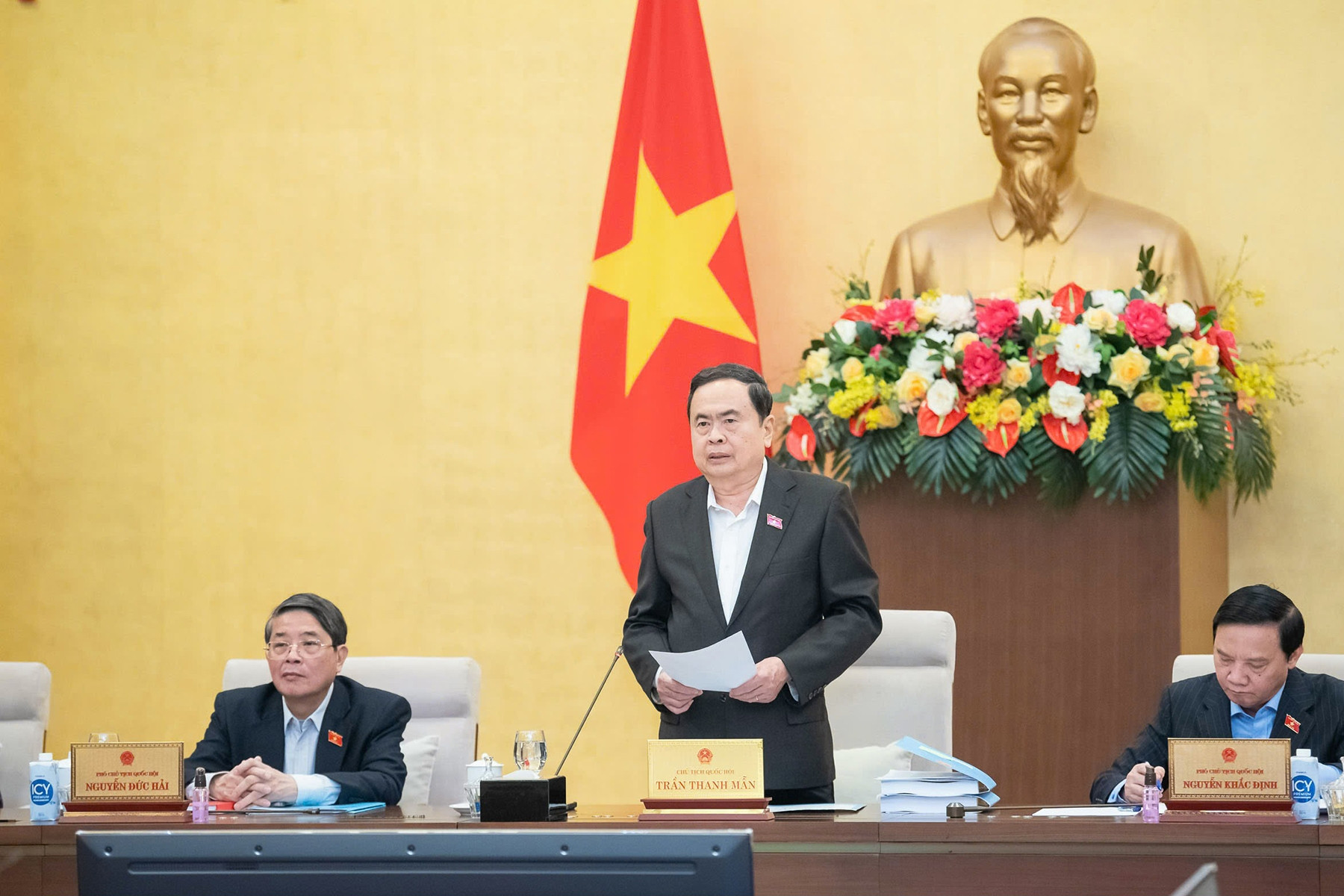
Promote decentralization and delegation of power to help the Government overcome difficulties and ensure "soft ties can tie tightly"
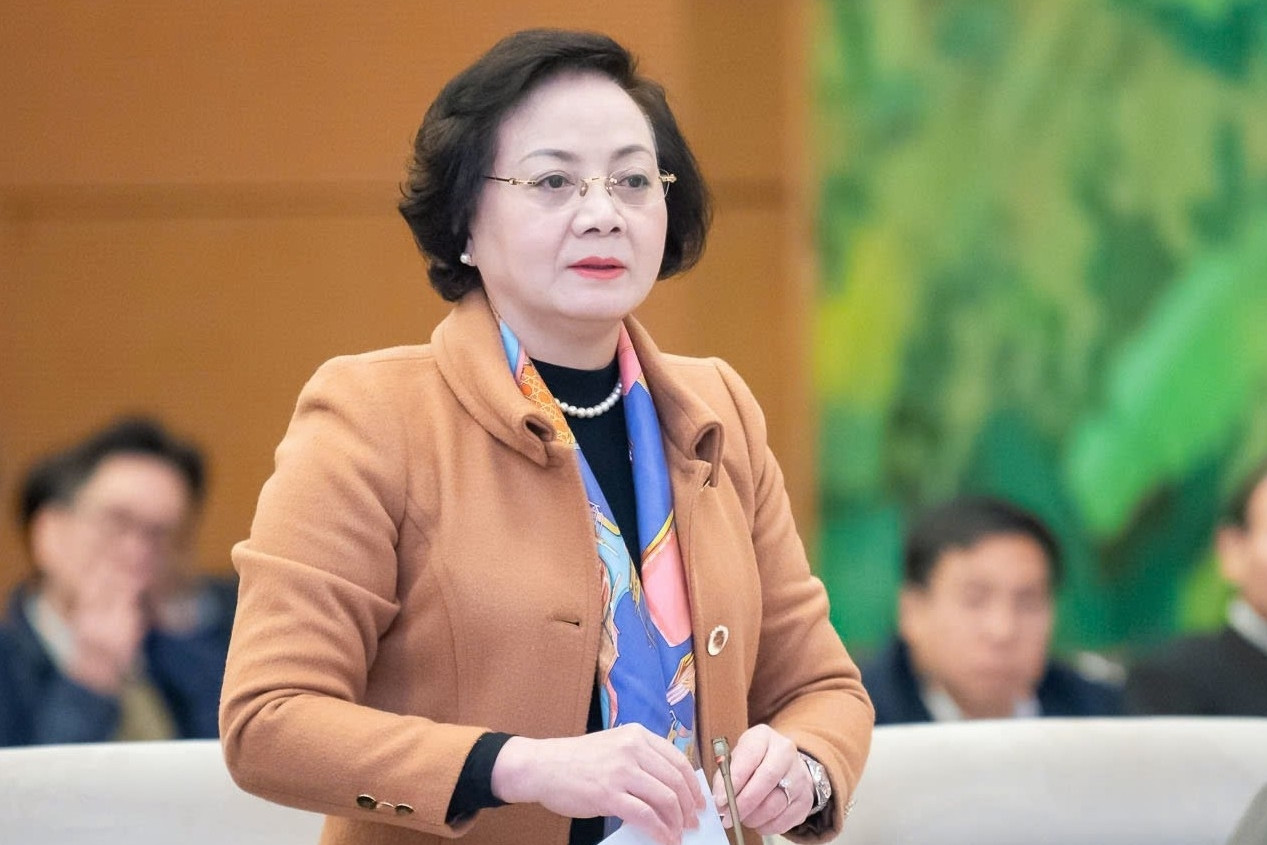
The Government proposes to establish 6 new ministries on the basis of arranging and merging 11 ministries and branches.
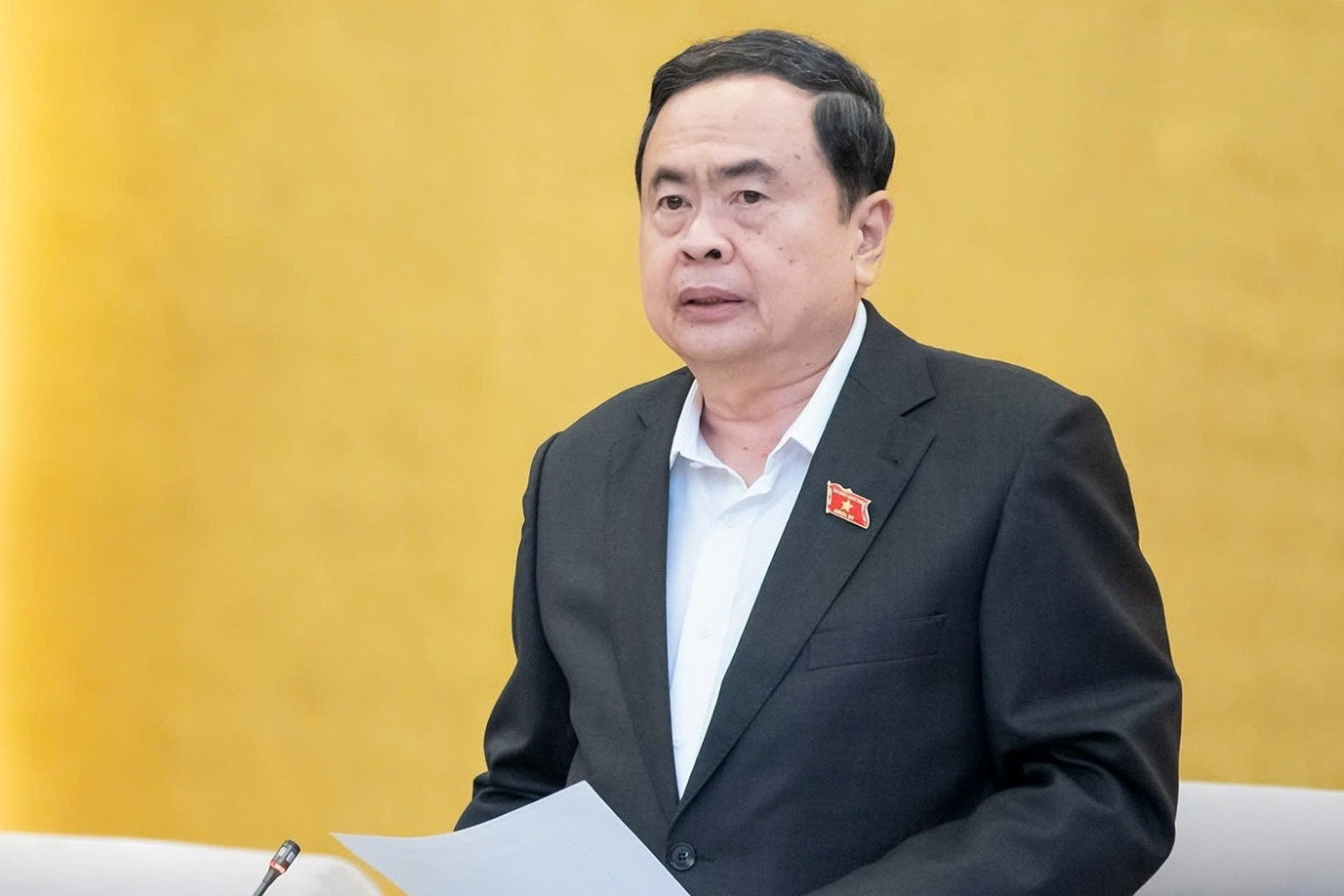
The National Assembly held an extraordinary meeting to perfect its personnel and apparatus.
Source: https://vietnamnet.vn/bo-truong-noi-vu-ung-ho-mo-hinh-thi-truong-tinh-truong-quan-tri-dia-phuong-2368703.html


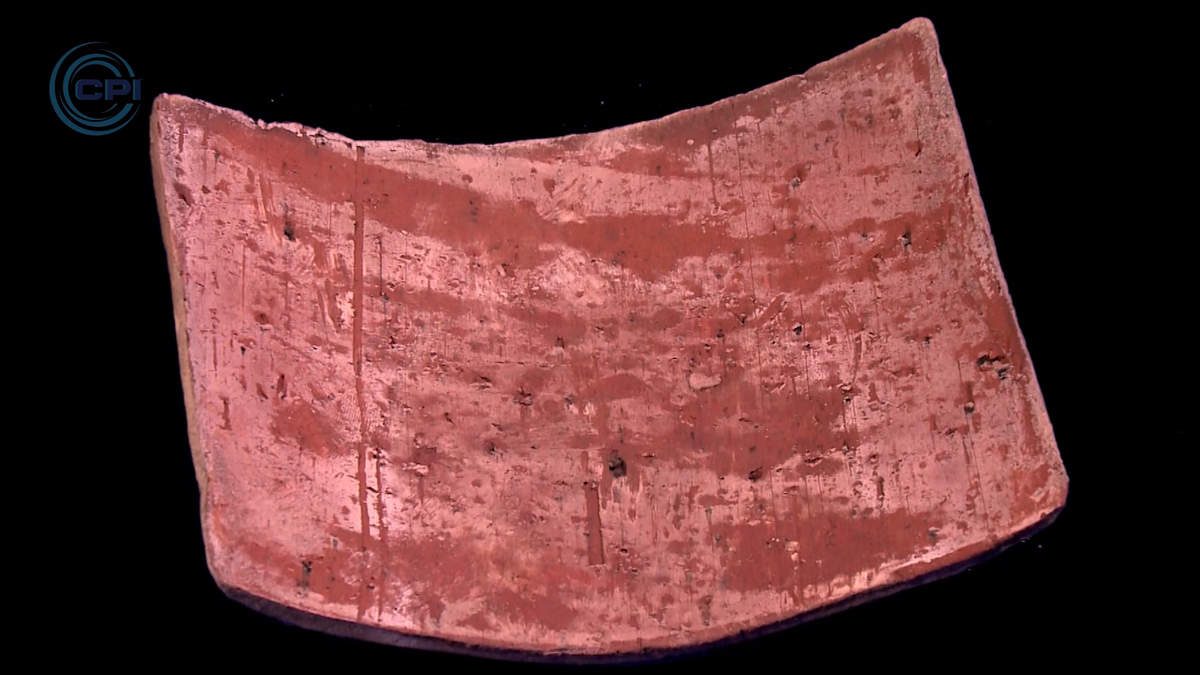
![[Photo] National Assembly Chairman works with leaders of Can Tho city, Hau Giang and Soc Trang provinces](https://vphoto.vietnam.vn/thumb/1200x675/vietnam/resource/IMAGE/2025/5/11/c40b0aead4bd43c8ba1f48d2de40720e)
![[Photo] Prime Minister Pham Minh Chinh chairs the fourth meeting of the Steering Committee for Eliminating Temporary and Dilapidated Houses](https://vphoto.vietnam.vn/thumb/1200x675/vietnam/resource/IMAGE/2025/5/11/e64c18fd03984747ba213053c9bf5c5a)
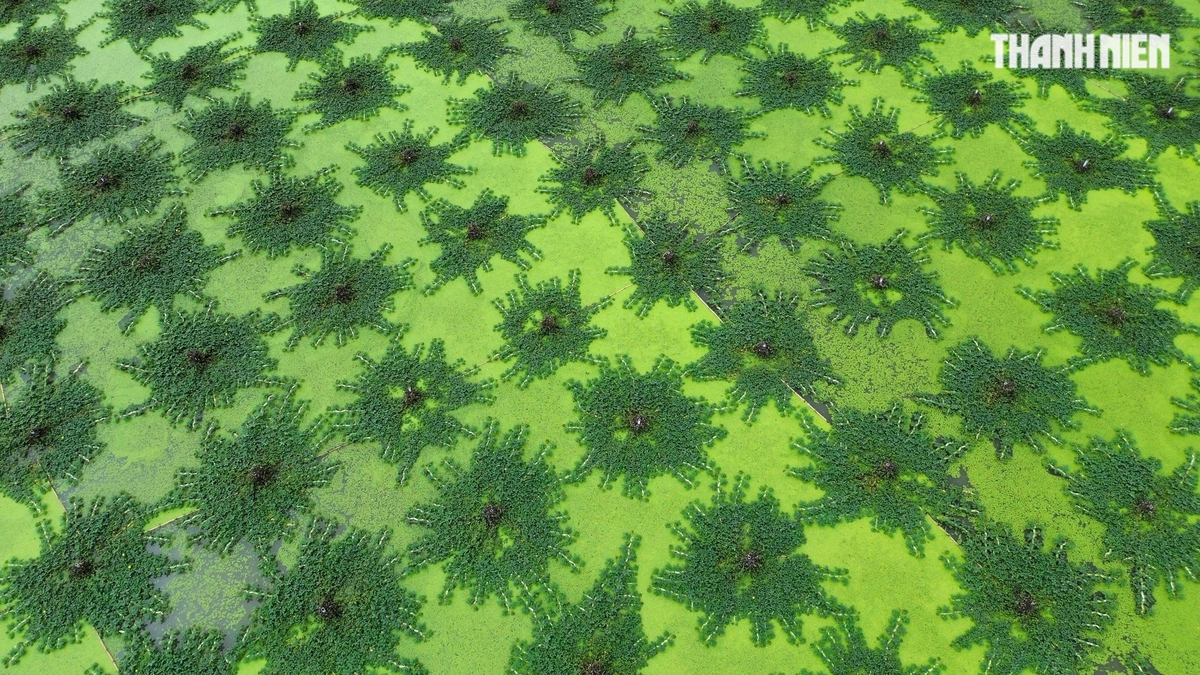
![[Photo] The moment Harry Kane lifted the Bundesliga trophy for the first time](https://vphoto.vietnam.vn/thumb/1200x675/vietnam/resource/IMAGE/2025/5/11/68e4a433c079457b9e84dd4b9fa694fe)





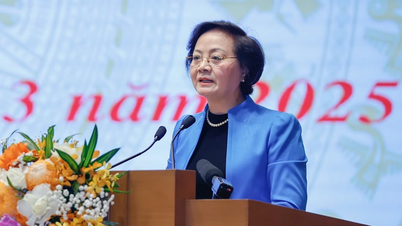


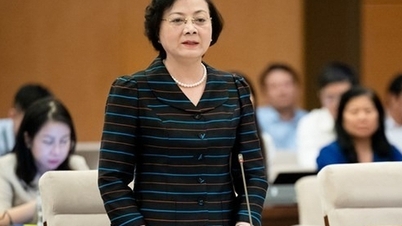

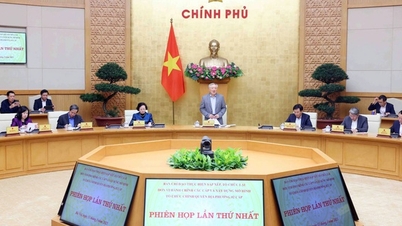
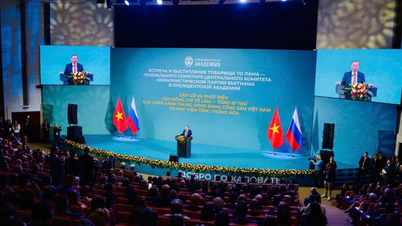

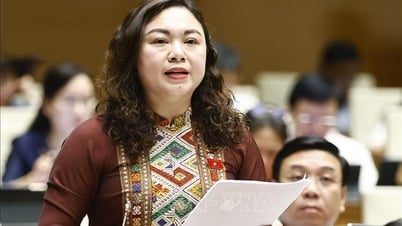
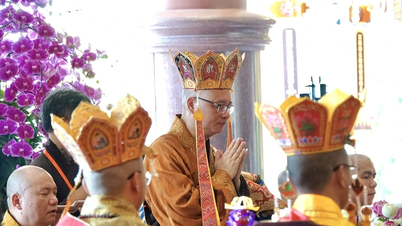
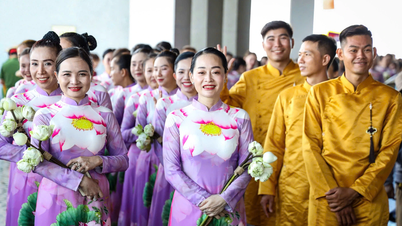





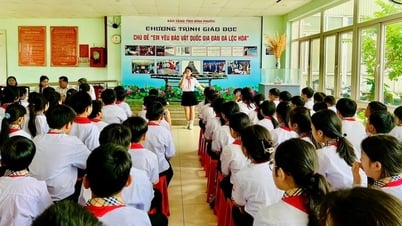



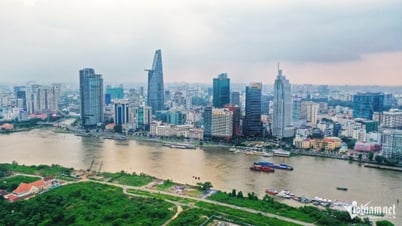































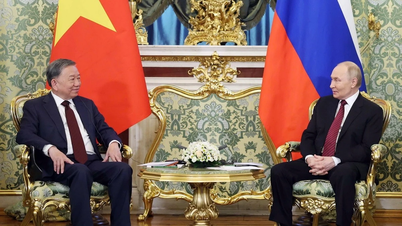
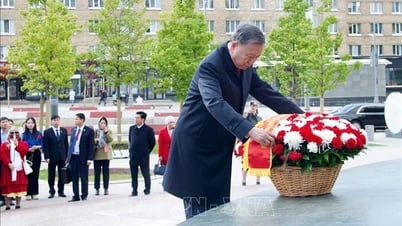

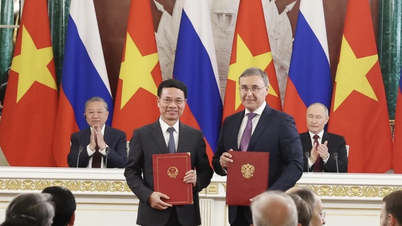
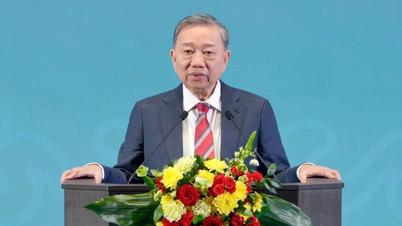











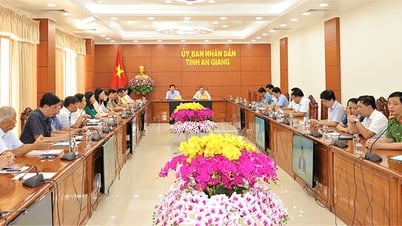



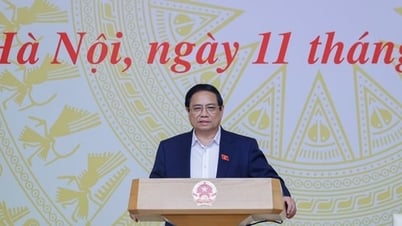




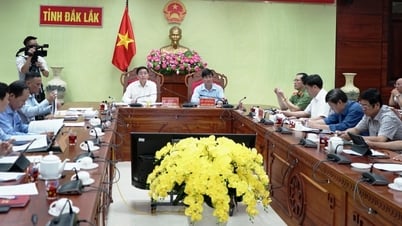











Comment (0)